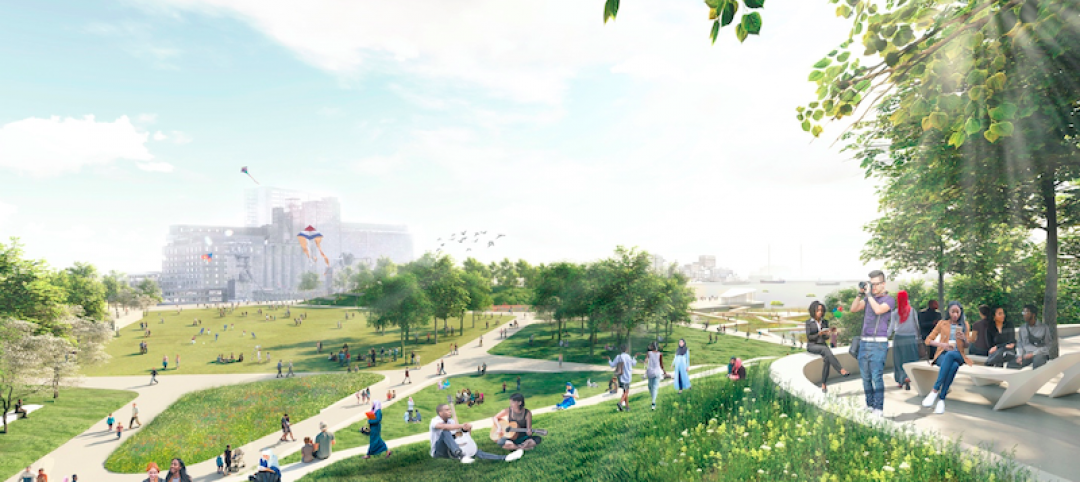Henning Larsen, in collaboration with biologists and environmental engineers from MOE, recently unveiled the new master plan for Fælledby i Vejlands Kvarter, a new neighborhood that will be Copenhagen’s first district to be built fully of wood.
A central part of the project is to create a new neighborhood where the existing and inherent qualities of the communities become stronger through a connection to local biodiversity. The master plan preserves critical elements of the local landscape, such as wetlands and dry scrub that provide habitat for insects, turtles, songbirds, and deer.
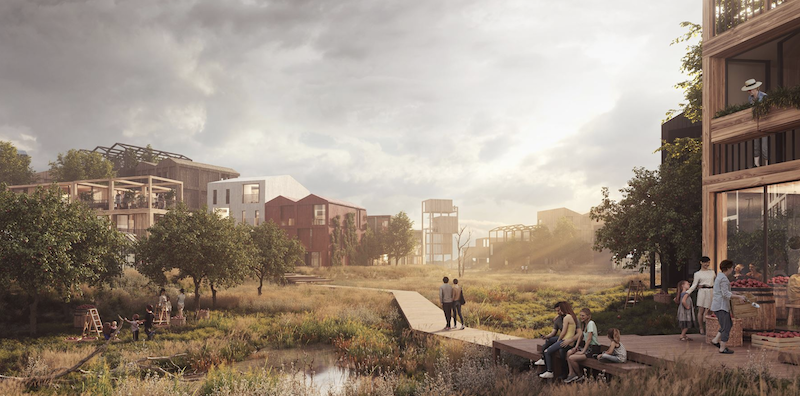
The master plan incorporates surrounding natural habitats to encourage richer growth for plants and animals.“With the rural village as an archetype, we’re creating a city where biodiversity and active recreation define a sustainable pact between people and nature,” said Signe Kongebro, Parter, Henning Larsen, in a release.
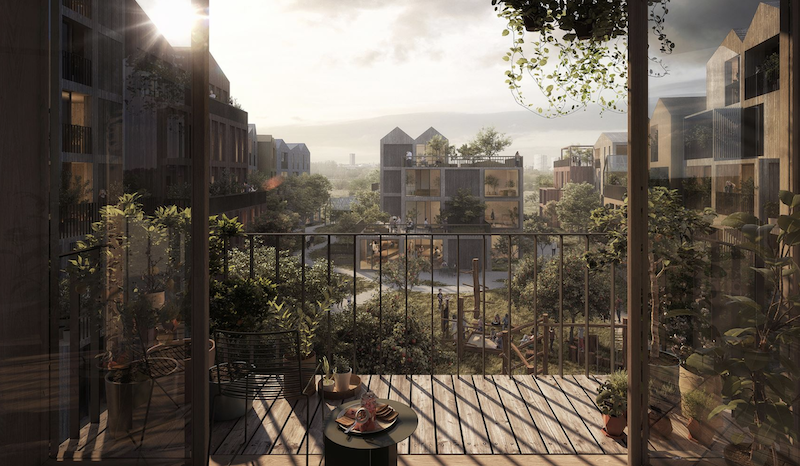
Using the rural village model as a source of inspiration, the Fælledby will include active street corners, green corridors, and a concentrated city center. The master plan is divided into three circular subsections to allow for a more intimate, small-scale sense of community to flourish. Wild-planted natural swathes run between the three mini-villages, ensuring free movement for local species and integrating nature into the core layout of the new community.
See Also: Foster + Partners to design Alibaba’s new HQ in Shanghai
The all-timber residences of Fælledby will all meet high sustainability standards and will accommodate up to 7,000 residents, including families, students, and retirees. Local businesses, restaurants, grocery stores, and community venues will also be included.
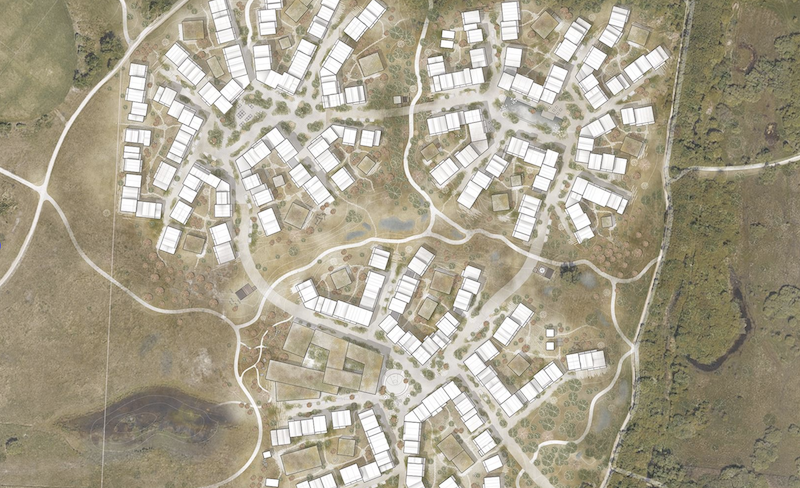
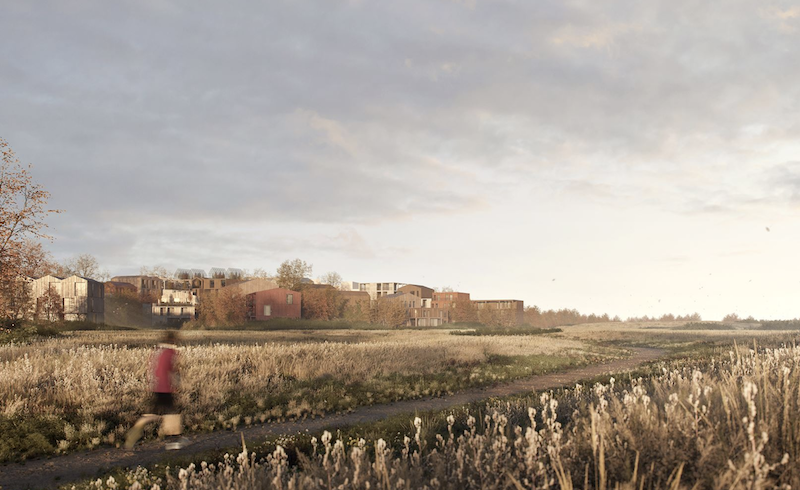
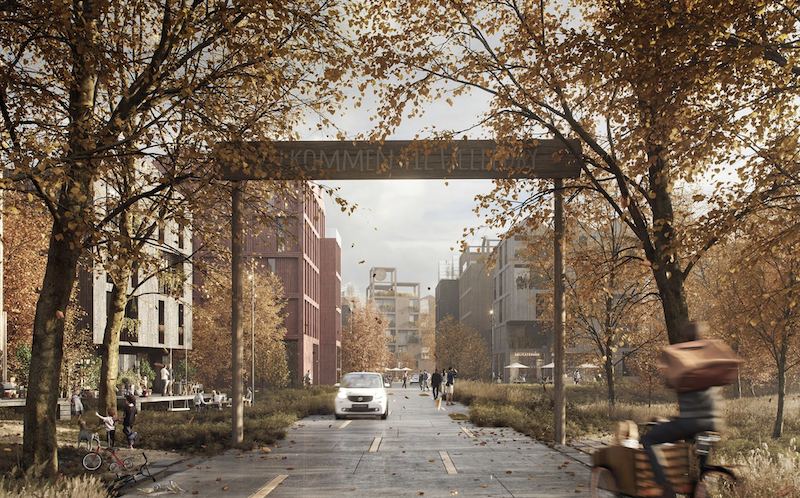
Related Stories
Urban Planning | Feb 14, 2022
5 steps to remake suburbs into green communities where people want to live, work, and play
Stantec's John Bachmann offers proven tactic for retrofitting communities for success in the post-COVID era.
Urban Planning | Feb 11, 2022
6 ways to breathe life into mixed-use spaces
To activate mixed-use spaces and realize their fullest potential, project teams should aim to create a sense of community and pay homage to the local history.
Urban Planning | Jan 25, 2022
Retooling innovation districts for medium-sized cities
This type of development isn’t just about innovation or lab space; and it’s not just universities or research institutions that are driving this change.
Urban Planning | Dec 15, 2021
EV is the bridge to transit’s AV revolution—and now is the time to start building it
Thinking holistically about a technology-enabled customer experience will make transit a mode of choice for more people.
Designers / Specifiers / Landscape Architects | Nov 16, 2021
‘Desire paths’ and college campus design
If a campus is not as efficient as it could be, end users will use their feet to let designers know about it.
Urban Planning | Nov 11, 2021
Reimagining the concrete and steel jungle, SOM sees buildings that absorb more carbon than they emit
The firm presented its case for a cleaner built environment during the Climate Change conference in Scotland.
Urban Planning | Aug 16, 2021
Building with bikes in mind: How cities can capitalize on the pandemic’s ‘bike boom’ to make streets safer for everyone
Since early 2020, Americans have been forced to sequester themselves in their homes with outdoor activities, in most cases, being the sole respite for social distancing. And many of people are going back to the basics with a quintessential outdoor activity: biking. Bike sales absolutely skyrocketed during the pandemic, growing by 69% in 2020.
Resiliency | Jun 24, 2021
Oceanographer John Englander talks resiliency and buildings [new on HorizonTV]
New on HorizonTV, oceanographer John Englander discusses his latest book, which warns that, regardless of resilience efforts, sea levels will rise by meters in the coming decades. Adaptation, he says, is the key to future building design and construction.
Urban Planning | May 3, 2021
SWA/Balsley unveils Nelson Mandela Park Master Plan for Rotterdam
The conceptual plan provides much-needed central neighborhood and civic open space in the city’s South Maashaven district.
University Buildings | Apr 29, 2021
The Weekly Show, April 29, 2021: COVID-19's impact on campus planning, and bird management strategies
This week on The Weekly show, BD+C Senior Editor John Caulfield interviews a duo of industry experts on 1) how campus planning has changed during the pandemic and 2) managing bird infestations on construction sites and completed buildings.


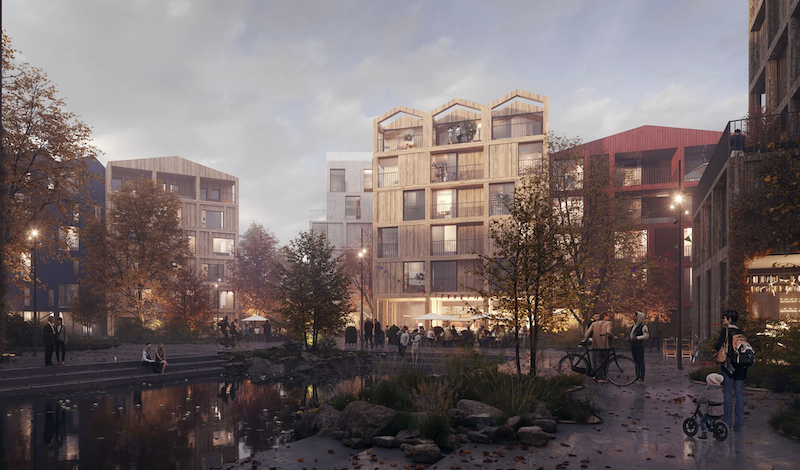
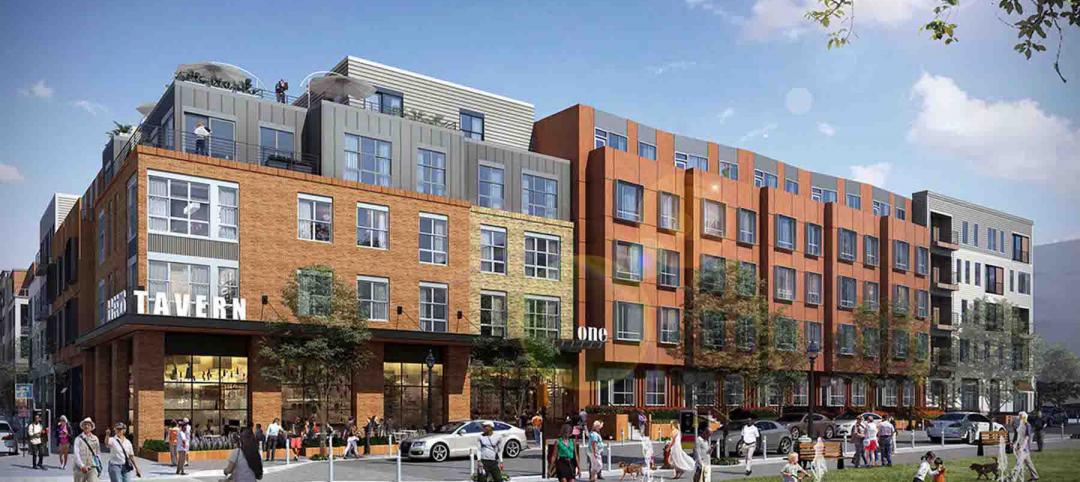

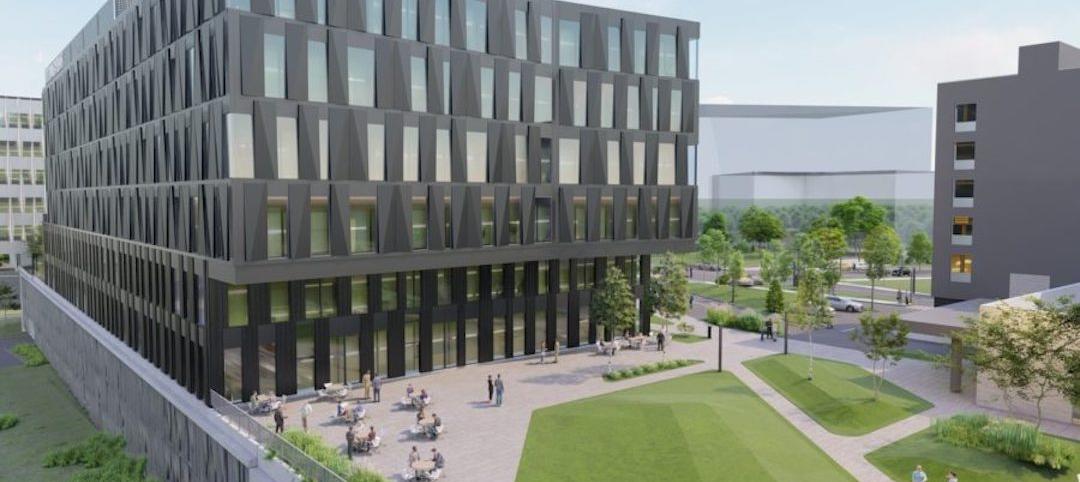
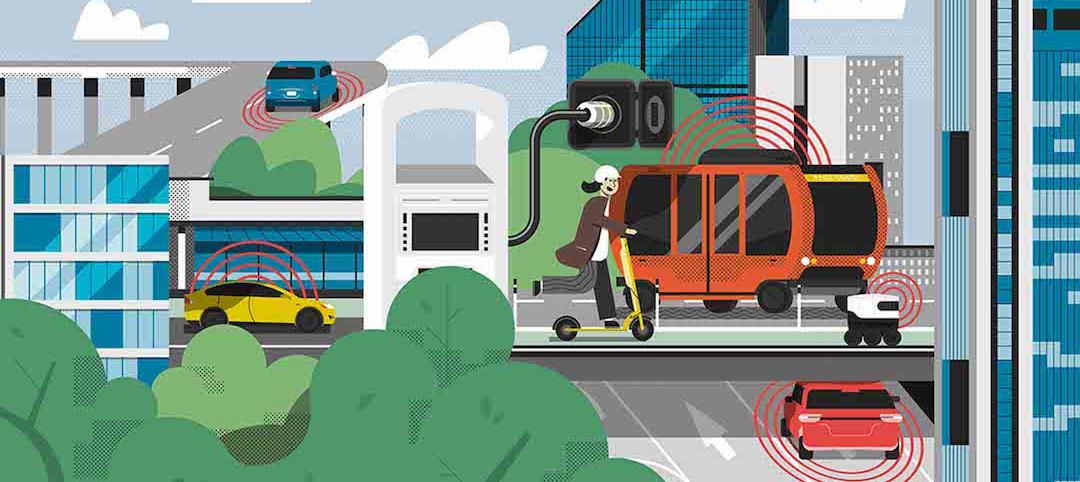

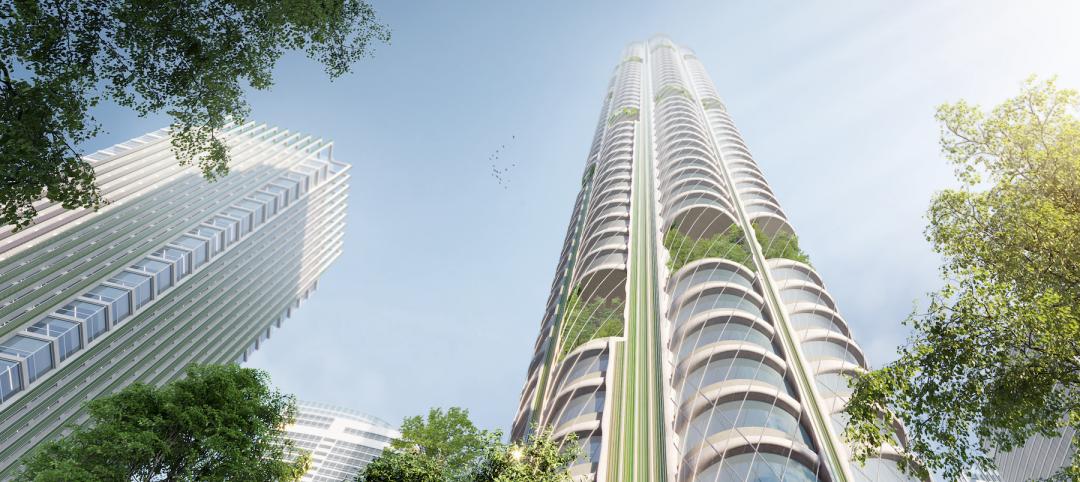
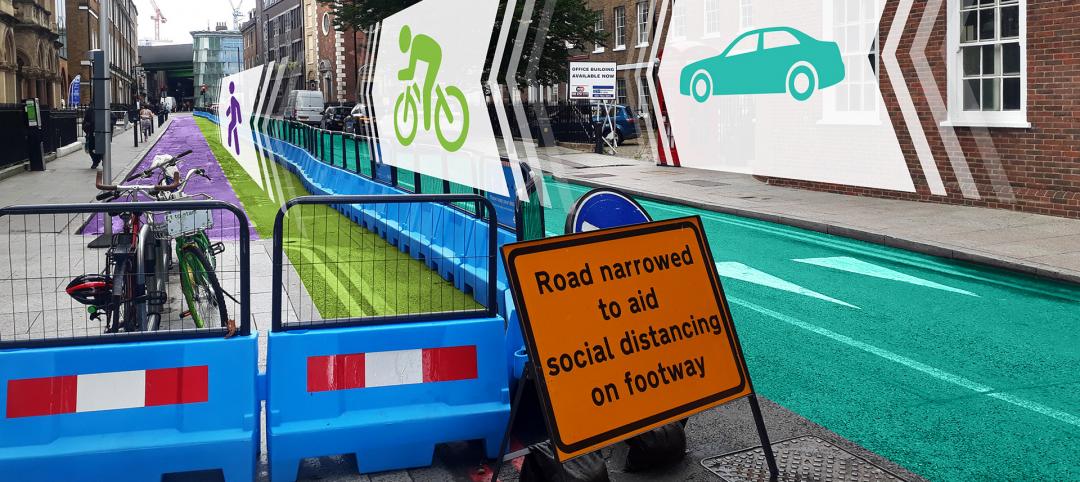
![Oceanographer John Englander talks resiliency and buildings [new on HorizonTV] Oceanographer John Englander talks resiliency and buildings [new on HorizonTV]](/sites/default/files/styles/list_big/public/Oceanographer%20John%20Englander%20Talks%20Resiliency%20and%20Buildings%20YT%20new_0.jpg?itok=enJ1TWJ8)
